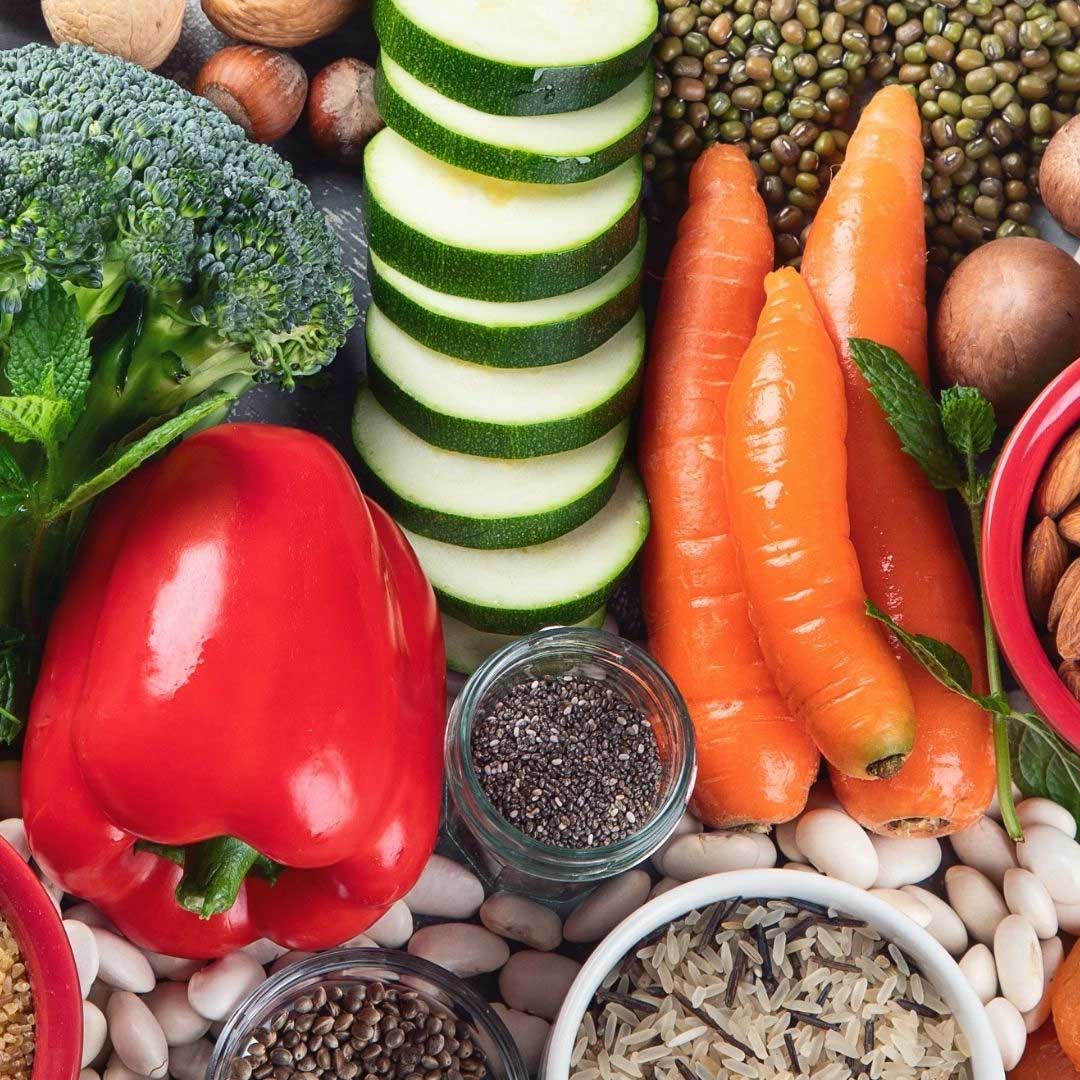INTRODUCTION: CAN YOUR PROTEIN CHOICES CAUSE INFLAMMATION
It matters where you get your protein from. Remember, there aren’t foods that are just protein. Proteins may also provide fats (like meat or fish), or maybe fiber and carbohydrates like chickpeas and other beans). But in the name of protein, our choices can either contribute to a healthy inflammatory response or promote unhealthy inflammation.
Proteins are made from a variety of amino acids. However, there are certain aminos – the essential ones (the “staples”) that the body does not make so you need to take them in via food. Amino acids are found in both animal and vegetable sources; animal proteins and certain plant proteins are given the name “complete proteins” because they contain some amount of all of the essential amino acids.
This does not make them “better”. Keep in mind that the body works effectively to combine the amino acids into proteins so there are rare circumstances demanding the need for consuming a “complete” protein versus a diet rich in the different amino acids. Read on to learn if your protein choices cause inflammation.
ANIMAL-BASED PROTEIN

Some less healthy protein sources include highly-processed meats, processed fish like fake crab (most often used in sushi), and some dairy as well due to the casein and /or removal of fats or what the animal was fed. Can some cooking methods for animal-based protein choices cause inflammation? Absolutely — grilling meats, and especially blackening on the grill may do so. So we want to look not only at the type and amount of meats and fish but also how they’re prepared as well.
Too much protein overwhelms the digestive system, challenges the kidneys and liver, and doesn’t help the body do anything better. So how much protein do you need to eat? Your better protein range is specific to who you are today (age, weight, lifestage, health goals) so always check with your healthcare practitioner to understand your specific needs and to help you learn to space your protein throughout the day for better energy, better digestion, and better recovery.
Another bonus to include when you’re consuming proteins is to incorporate foods that naturally contain digestive enzymes. They have the ability to help prevent inflammation-related protein digestion, and foods like pineapple, ginger, kiwi, fermented foods like kefir, etc, are good options to consume to boost your enzyme intake through food.
PLANT-BASED PROTEIN

On the other hand, plant proteins have the potential to reduce unhealthy inflammation. Their fibers, antioxidants, and nutrients can help the body run better. Plant proteins also have those Omega-3s, which is a win-win for you.
We used to think that vegetarians have to eat rice and beans together so that their aminos would be assembled into a complete protein. We now know that can occur over twenty-four hours or longer, which is helpful and helpful for vegetarians, vegans, and anyone eating a plant-based meal so that they don’t overdo it on carbs in the name of getting “a complete protein.” Additionally, there are several plants that deliver complete proteins like hemp seeds, organic soy (tofu, tempeh, milk, and edamame), and quinoa.
Your better protein sources can come in the form of whole, unprocessed foods (think quinoa, beans, cashews, hemp seed) or be ‘kitchen’ processed (think hemp protein concentrate, almond butter, chickpea flour, etc.) into a protein powder, smoothie or bar.
However, just like animal proteins, plant proteins can contribute to unhealthy inflammation based on how they are treated (i.e., what’s been done to them in the growing, processing, and preparation phases). For example, those high-quality proteins and fats, if cooked or stored inappropriately, can become pro-inflammatory. Likewise, if they are highly processed, they may not help promote a healthy inflammatory response.
Remember, it’s about better, not perfect, choices because there is no perfect protein – no matter what any magazine, tweet, insta, or TV show guest says!
QUALITY MATTERS

The quality and quantity of protein consumed most often plays a key role in your health whether healthy and seeking to stay that way or trying to address a health issue. Proteins are typically the culprit or at least collaborators in health issues like allergies, intolerances, inflammation, and irritation.
For example, they are most commonly the triggers for an allergic or intolerant reaction, or their form (i.e. what’s been done to them) can overwhelm the digestive system or cause confusion and irritation for the immune system.
It’s also worthwhile to note or consider how animals are treated during their lifecycle, and how that affects inflammation as well in their own bodies. Just like us, stress can cause inflammatory responses, and this gets stored in animal meats that end up on our plates. So sourcing animals from a local farm that feeds and treats their animals ethically and are raised humanely with access to outdoors, etc, may be one of those higher level considerations that you might be in the position to opt for.
One of the important things about proteins is that it’s better to swap for an upgrade than it is to *add*. In the same way that more added sugar is not better, excess protein is not better. Even if it’s a great quality food source, it’s not better if it’s overwhelming your digestive system.
It’s not strictly animal vs. plant proteins here. When working on promoting a healthy inflammatory response, we want to focus on less is better, and quality + quantity matter.
CONCLUSION: CAN YOUR PROTEIN CHOICES CAUSE INFLAMMATION
What can you do to make better protein choices? Try upgrading one of your protein choices every day. Or maybe you want to add one protein digestive enzyme food into your day. That commitment could look like adding frozen pineapple to a smoothie or infusing fresh pineapple in your water.
If you want to dive a little deeper into how protein can affect your immune system, you’ll want to keep an eye out for my upcoming “Too Hot To Handle” course in January which focuses on different factors that can have a huge impact on your body’s inflammatory response.
Leave a comment and let me know how you plan to upgrade your protein choices.
***Disclaimer: This post is for informational purposes only and should not be construed as medical advice***

